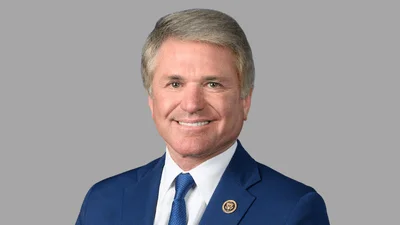WASHINGTON, DC - Nov. 17, 2008 - Even as parents and students worry about the rising cost of college amid an economic downturn, the pay of top higher education leaders continues to grow, particularly for public-university presidents, according to results of The Chronicle of Higher Education’s annual executive compensation survey,
published today. A pre-release telephone press conference is scheduled for Friday, Nov.
14; details below.
For public research universities, executive pay increased 7.6% (FY ‘07-’08). And while total compensation held steady for leaders of private research institutions, presidential pay at private master’s and bachelor’s institutions climbed 6% (FY ’06-’07). The salary gap is closing for public research university presidents and their private counterparts:
Those paid over $700,000 nearly doubled from the year before - from 8 to 15. And nearly one-third of presidents at public research institutions now make over $500,000.
“Salaries of college presidents always get scrutiny," said Jeffrey J. Selingo, editor of The Chronicle of Higher Education, which first published the executive compensation survey in 1989, and has done so annually since 1993. “But this year, students, parents, trustees,
and lawmakers are likely to take a closer look at whether presidents are worth the cost given how worried families are about affording tuition as everyone is feeling a bit poorer."
Highest paid college and university presidents
The most highly compensated university executive is David J.
Sargent, Suffolk University, Boston, whose package totals $2,800,461. Among public universities, number-one spot goes to E. Gordon Gee, Ohio State University, with
$1,346,225. Other top-paid private university presidents are: Henry S.
Bienen, Northwestern University, Chicago ($1,742,560) and Lee C. Bollinger, Columbia University, New York ($1,411,894).
Pay increases draw scrutiny, especially amid economic turmoil
Some college leaders have handed back their bonus or turned down raises, including those at Rutgers University, the University of Connecticut,
the University of Louisville, Rowan University, and Brevard Community College.
Nonetheless, federal lawmakers have expressed concern about presidential pay increases at a time of rising tuition and tight student aid.
“The Chronicle’s study shows that the executive suite seems insulated from budget crunches," Senate Finance Committee Chairman Charles E. Grassley (R-Iowa) told The Chronicle’s editors when shown this year’s survey results earlier this month. “In these hard economic times, apparently belt-tightening is for families and students, not university presidents."









